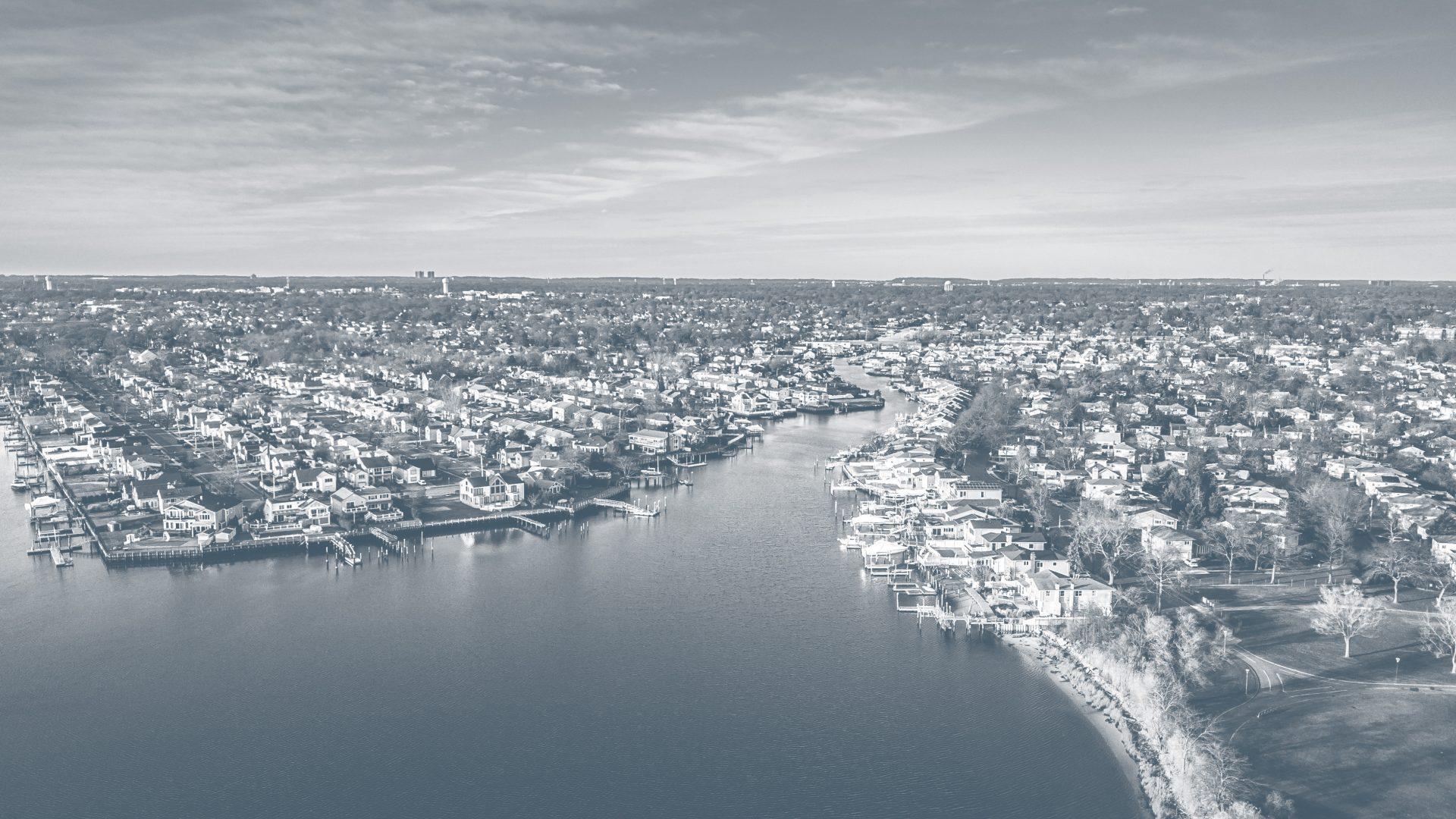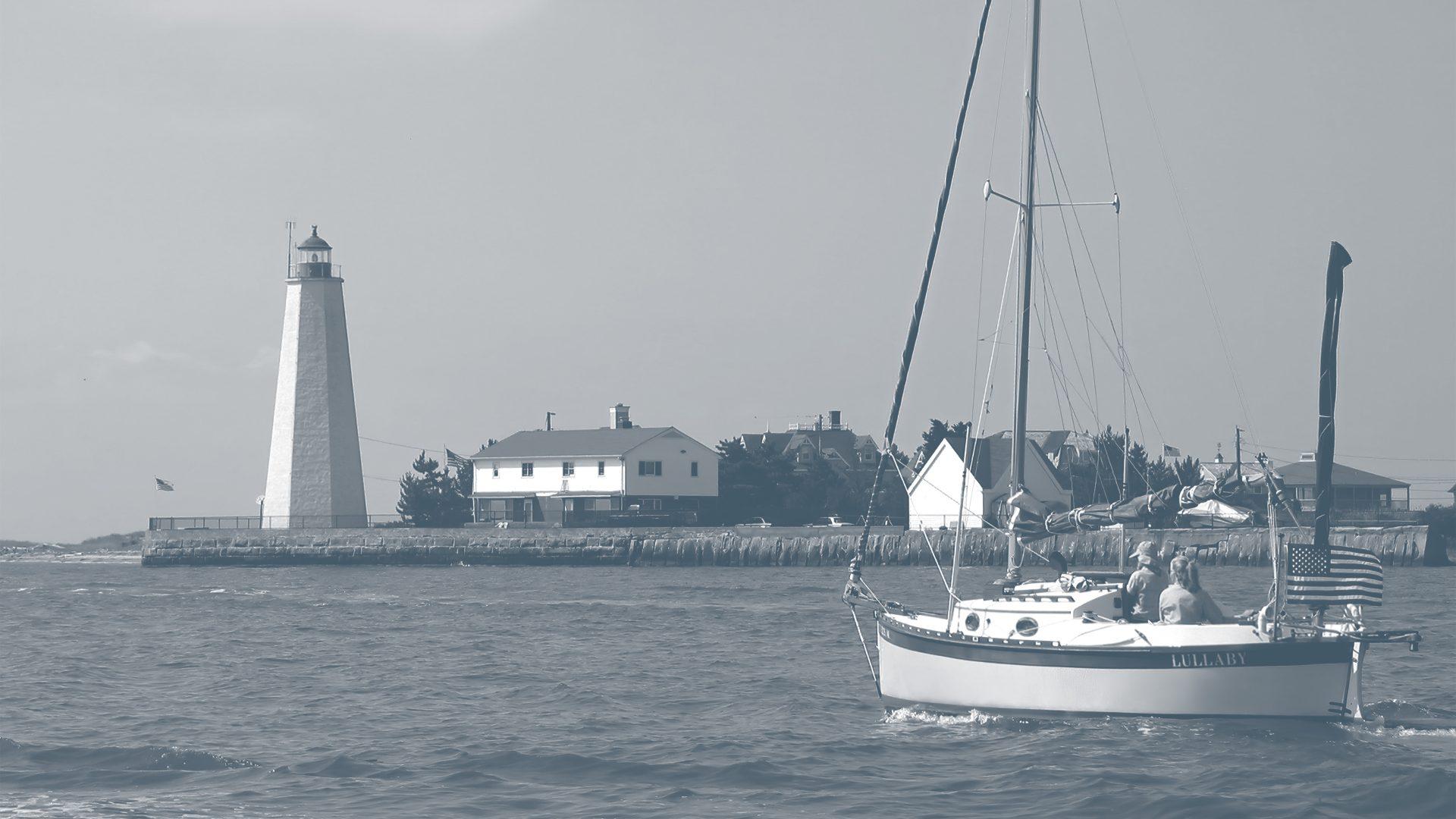

Water Main Installation
The water main is the primary artery that channels fresh water from the municipal supply or well to homes and businesses. A well-executed water main installation ensures a consistent and reliable water supply, which is essential for both daily living and public health. According to the Centers for Disease Control and Prevention (CDC), access to clean water is one of the most crucial public health advances of the 20th century. Therefore, proper water main installation is not just a logistical concern but a vital public health initiative.
Several critical factors must be considered during the water main installation process. These include the material of the pipes, the diameter, pressure requirements, and local building codes. Materials like ductile iron, PVC, and HDPE are commonly used, each with its own set of advantages and limitations. The diameter and pressure requirements are determined based on the community’s water usage needs and must be accurately calculated to ensure efficient water flow. Additionally, compliance with local and federal regulations is crucial to ensure the system’s safety and sustainability.
Water main installation is a complex task that requires specialized equipment, engineering expertise, and a thorough understanding of local building codes. While some small-scale plumbing projects can be tackled as DIY tasks, water main installation is not one of them. Professional contractors have the necessary experience, tools, and certifications to ensure that the installation is performed to the highest standards. They can also navigate the complexities of permits and regulations, ensuring that the project is compliant with all legal requirements.
Water Main Installation Services & Pricing
| Service | Description | Price Range |
|---|---|---|
| Initial Consultation | Initial meeting to assess the scope and requirements of the water main installation. | $50 – $100 |
| Site Survey | Detailed survey of the installation site to plan the layout and identify any potential challenges. | $200 – $500 |
| Material Selection | Choosing the type of pipes (PVC, copper, ductile iron, etc.) based on needs and budget. | Varies |
| Pipe Installation (Per Foot) | Cost of installing the water main pipes, usually charged per foot. | $50 – $200/ft |
| Connection to Municipal Line | Connecting the new water main to the existing municipal water line. | $500 – $2,000 |
| Labor Costs | Man-hours required for the installation, often varies based on complexity. | $45 – $150/hr |
| Pressure Testing | Testing the new system to ensure there are no leaks and that it operates at the correct pressure. | $100 – $300 |
| Permit Fees | Cost of any required permits, usually mandated by local authorities. | $200 – $1,000 |
| Cleanup & Disposal | Removing any debris and restoring the site post-installation. | $300 – $700 |
| Warranty & Maintenance | Optional extended warranty and periodic maintenance services. | $100 – $300/year |
| Total Package | A complete package that includes all of the above services. | $3,000 – $10,000 |
The cost of installing a new water main can vary widely based on several factors, including the type of material chosen, the length and complexity of the piping system, and local labor rates. It’s essential to get a detailed estimate that breaks down all these costs to avoid any surprises later.
Material selection is crucial, as each type of pipe has its own set of advantages and disadvantages. For example, ductile iron pipes are highly durable and can withstand high pressure but are more expensive than PVC pipes, which are easier to install but may not be suitable for all applications.
Professional installation is highly recommended to ensure that the water main is installed correctly and up to code. This not only ensures the system’s long-term reliability but also helps in avoiding potential issues like leaks or water damage, which could result in costly repairs down the line.
In summary, installing a new water main is a significant investment that requires careful planning and consideration of various factors, including material selection, labor costs, and potential permit requirements. By understanding the range of services and their associated costs, you can make an informed decision that meets your water supply needs while staying within your budget.

 MANHATTAN
250 Park Avenue
MANHATTAN
250 Park Avenue LONG ISLAND
100 Duffy Ave
LONG ISLAND
100 Duffy Ave WESTCHESTER COUNTY
73 Market Street
WESTCHESTER COUNTY
73 Market Street FAIRFIELD COUNTY
1000 Lafayette Blvd
FAIRFIELD COUNTY
1000 Lafayette Blvd